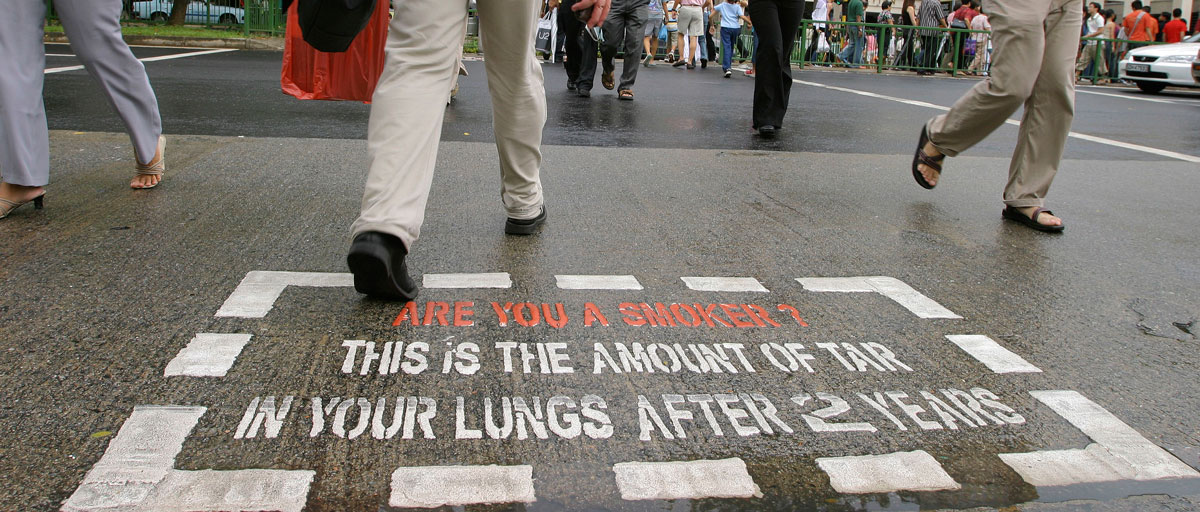Social norms as solutions
Summary
Climate change, biodiversity loss, antibiotic resistance, and other global challenges pose major collective action problems: A group benefits from a certain action, but no individual has sufficient incentive to act alone. Formal institutions, e.g., laws and treaties, have helped address issues like ozone depletion, lead pollution, and acid rain. However, formal institutions are not always able to enforce collectively desirable outcomes. In such cases, informal institutions, such as social norms, can be important. If conditions are right, policy can support social norm changes, helping address even global problems. To judge when this is realistic, and what role policy can play, we discuss three crucial questions: Is a tipping point likely to exist, such that vicious cycles of socially damaging behavior can potentially be turned into virtuous ones? Can policy create tipping points where none exist? Can policy push the system past the tipping point?







